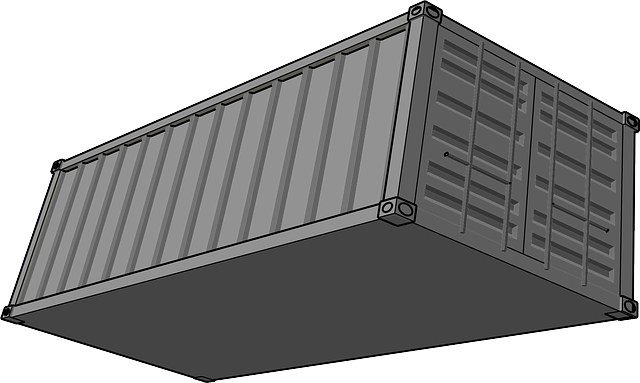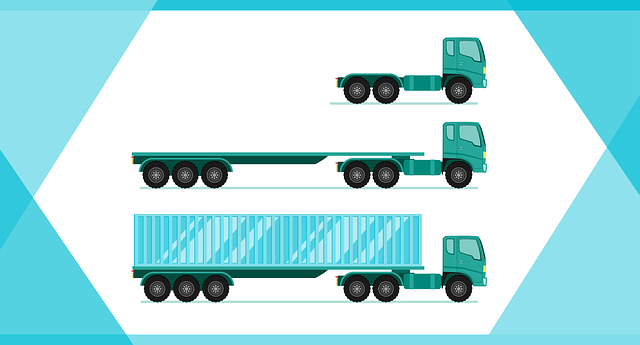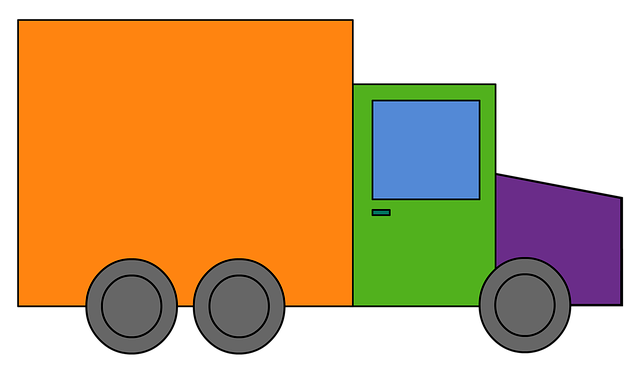Automating underwriting processes with AI and ML algorithms is transforming cargo insurance for new fleets. These technologies analyze vast datasets to predict risks, determine coverage, and speed up initial screening, claims processing, and policy design. Automation reduces manual workload, human error, and turnaround times, enhancing efficiency and accuracy. Digitalization, including GPS tracking, IoT sensors, and cloud-based platforms, further revolutionizes fleet management and cargo coverage, providing real-time monitoring, predictive analytics, and improved operational efficiency for new fleets.
In today’s digital era, technology is revolutionizing insurance administration, driving efficiency and enhancing customer experiences. This article explores four key areas where tech is making a profound impact: automating underwriting processes for cargo coverage, digitizing fleet management for new fleets, streamlining claims processing, and leveraging data analytics for predictive risk management in cargo insurance. By embracing these innovations, insurers can improve operational effectiveness, reduce costs, and offer tailored solutions to clients, especially in the context of managing high-risk assets like cargo.
Automating Underwriting Processes for Cargo Coverage

Automating underwriting processes is transforming the way insurance is administered, especially for complex policies like cargo coverage. By leveraging advanced algorithms and machine learning, insurers can streamline the evaluation process for new fleets and shipments. This technology enables quick analysis of risk factors, historical data, and regulatory compliance, resulting in faster decision-making. With automated systems, underwriters can focus on high-value cases and strategic partnerships, enhancing overall efficiency.
For cargo coverage, this automation ensures that new fleet applications are processed promptly, reducing turnaround times. The system can identify patterns and potential risks associated with specific cargo types or routes, allowing for more accurate pricing and tailored policies. This digital approach not only improves customer satisfaction but also enables insurance providers to adapt swiftly to the ever-changing shipping industry.
– Exploring the role of AI and machine learning in streamlining underwriting for cargo insurance policies.

The integration of Artificial Intelligence (AI) and Machine Learning (ML) algorithms is revolutionizing the way cargo insurance underwriting is conducted, offering a more efficient and precise approach to risk assessment for new fleets. These technologies can analyze vast datasets, including historical shipping records, vessel performance data, and market trends, to predict potential risks and determine appropriate coverage for cargoes. By employing AI-driven models, underwriters can automate the initial screening process, making it faster and more consistent. This is particularly beneficial for cargo coverage, as it enables insurers to quickly evaluate numerous vessels and their cargo capacities, ensuring optimal risk management.
For instance, ML algorithms can identify patterns in past claims data, helping to forecast potential loss scenarios. This predictive capability allows underwriters to set more accurate premiums and design tailored insurance policies for specific cargo types and shipping routes. As a result, the underwriting process becomes more streamlined, reducing manual effort and minimizing errors, especially when dealing with complex cargo coverage requirements of new fleets.
– Benefits: Increased efficiency, reduced human error, faster turnaround times.

Leveraging technology in insurance administration brings a multitude of benefits, especially for businesses dealing with cargo coverage and new fleets. Automation streamlines processes, resulting in increased efficiency that reduces manual workload. This not only minimizes the potential for human error but also speeds up turnaround times, allowing insurers to process claims and policies more promptly. With digital systems in place, insurance providers can manage vast amounts of data more effectively, ensuring accurate assessments and faster reimbursements.
For cargo coverage and new fleet management, technology enables real-time tracking and monitoring, enhancing visibility and control. This data-driven approach facilitates better risk assessment and pricing strategies, tailored to the specific needs of each cargo type and fleet. Ultimately, these improvements contribute to a more robust insurance ecosystem that benefits both insurers and their clients.
Digitalization of Fleet Management for New Fleets

In today’s digital era, the digitalization of fleet management is transforming the landscape for new fleets, particularly those involved in cargo coverage. By leveraging advanced technologies like GPS tracking, IoT sensors, and cloud-based platforms, insurance providers can offer more efficient and tailored solutions for their clients. This enables real-time monitoring of vehicles, drivers, and cargo, enhancing safety measures and risk assessment capabilities.
Such digitalization streamlines administrative processes, from policy issuance to claims handling. Automated data collection from connected vehicles allows for quicker verification of incidents, reducing paperwork and processing times. Additionally, predictive analytics powered by big data helps identify potential hazards and optimize routes, further minimizing risks associated with cargo transportation. As a result, new fleets can enjoy improved operational efficiency, cost savings, and enhanced peace of mind when it comes to their cargo coverage.
By automating underwriting processes and digitizing fleet management, insurance providers can significantly enhance their operations for both established and new fleets. AI-driven systems streamline cargo coverage, ensuring faster, more accurate assessments, while digital tools optimize the management of these new fleets. This technological approach not only improves efficiency but also reduces costs and errors, ultimately providing a more seamless experience for clients seeking cargo coverage.
